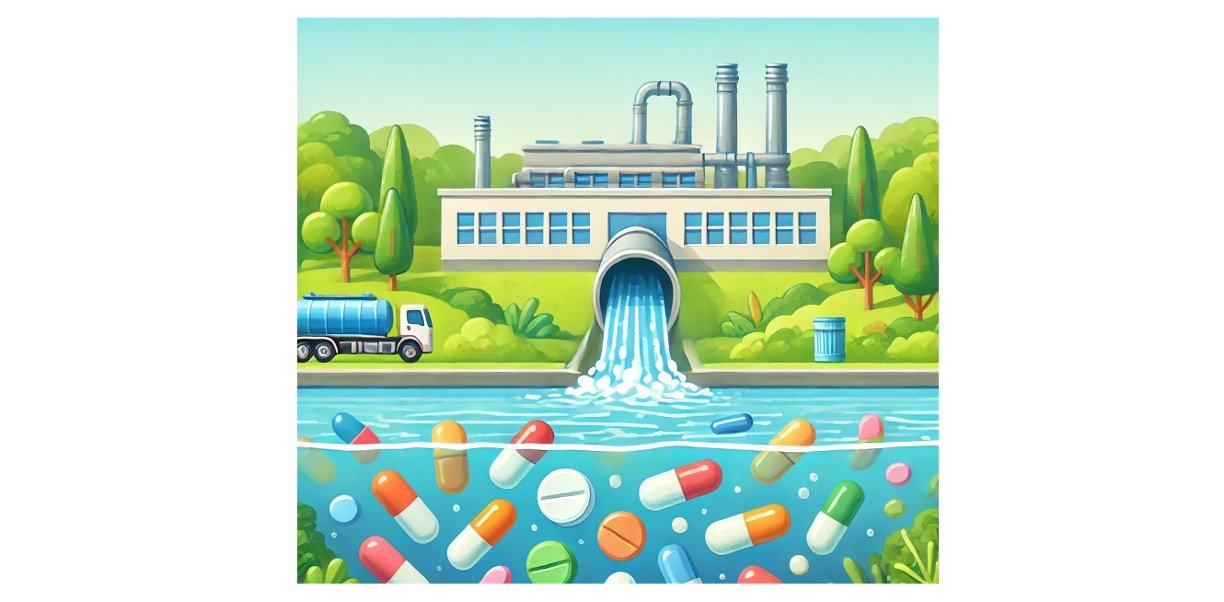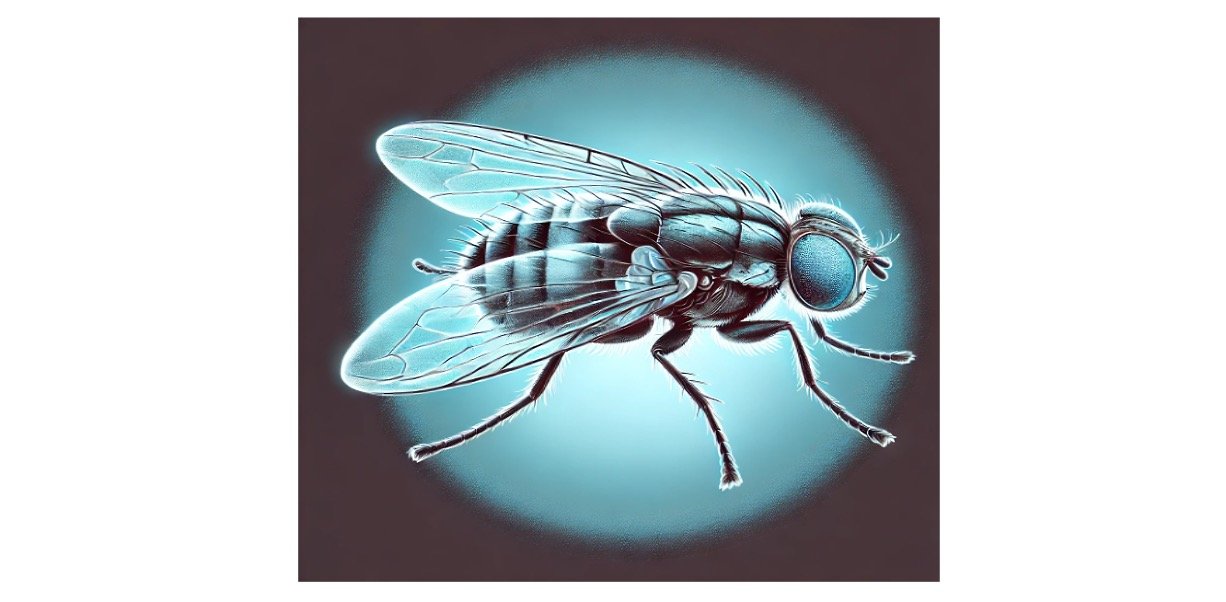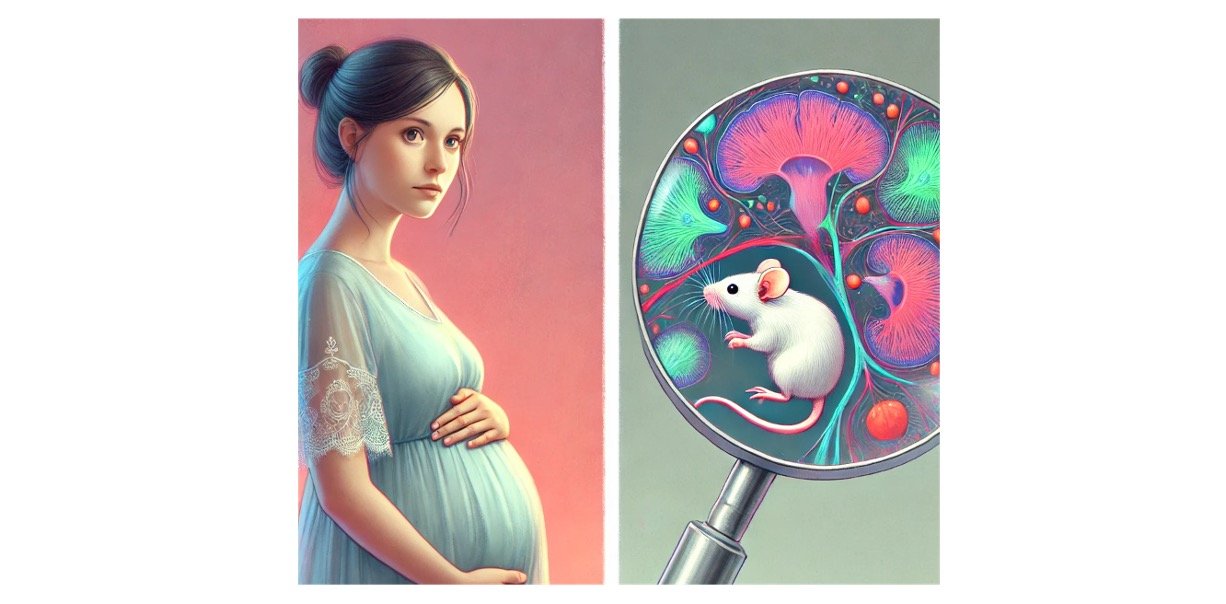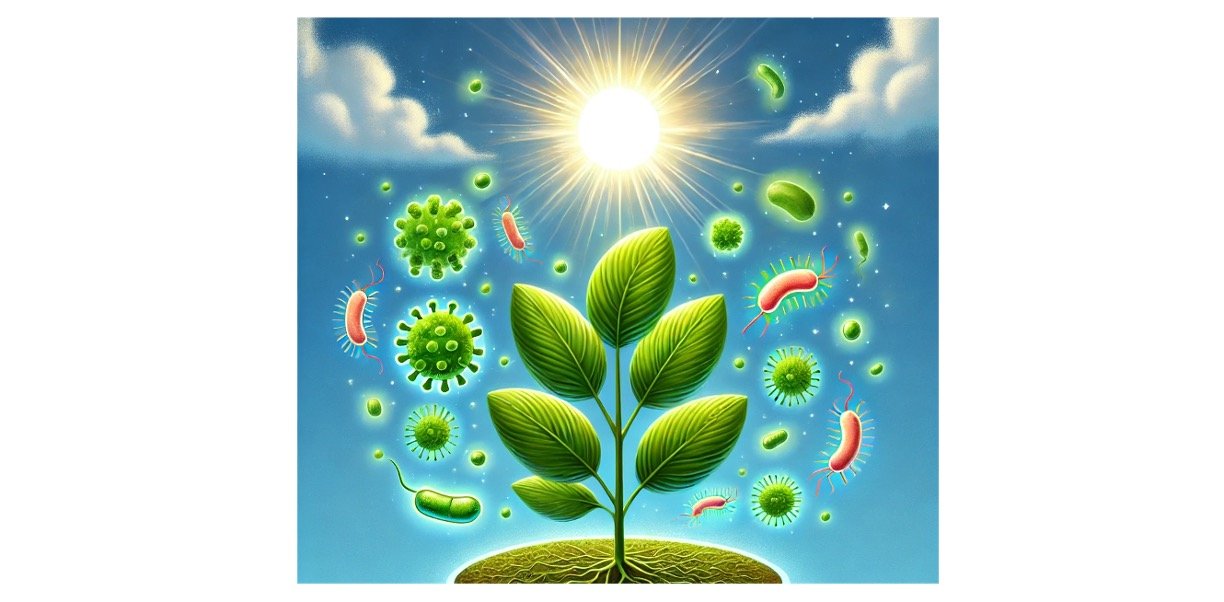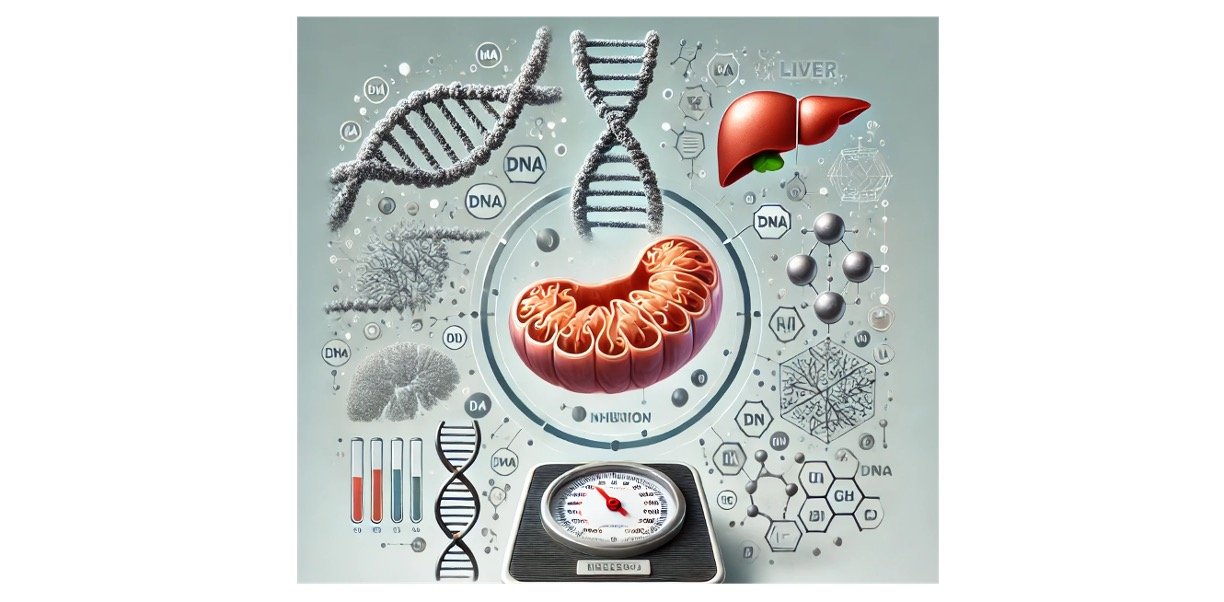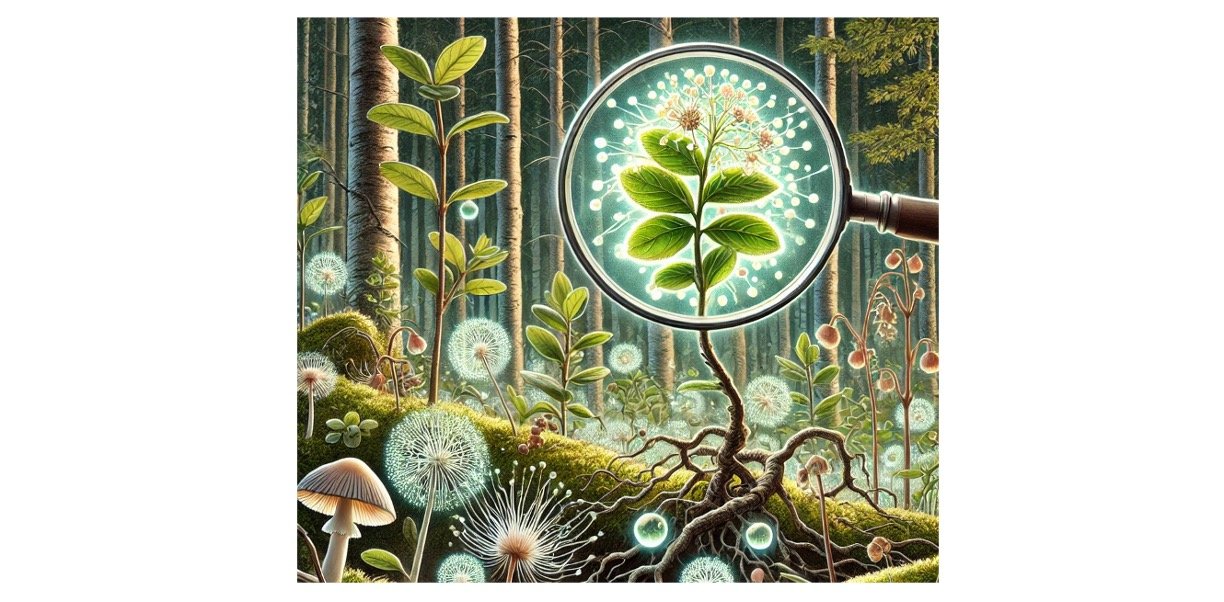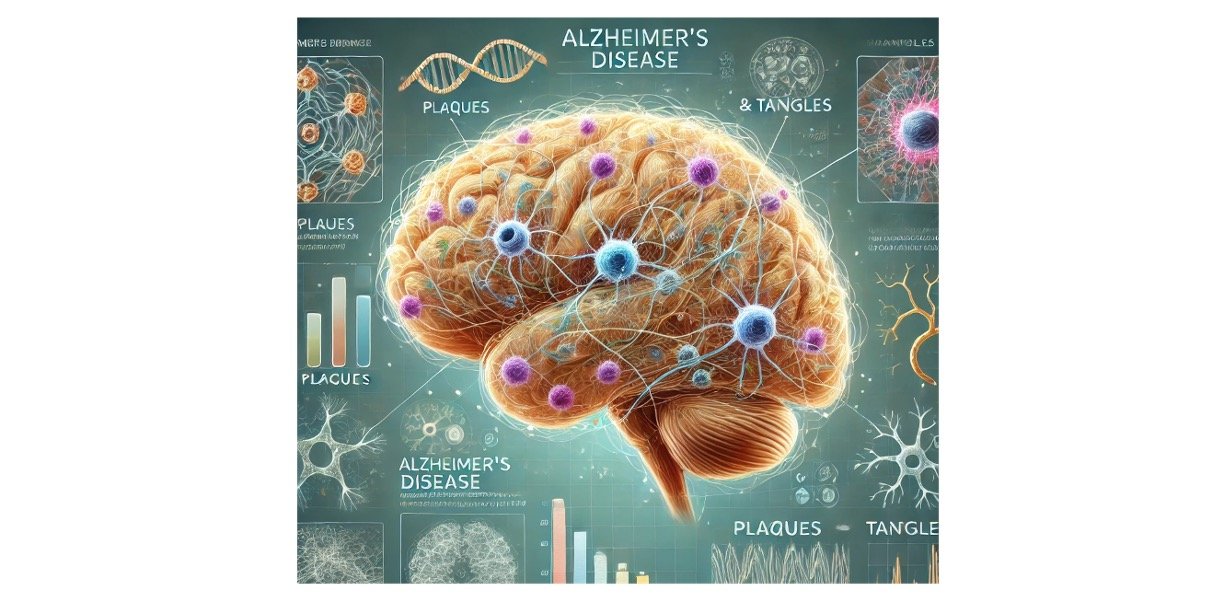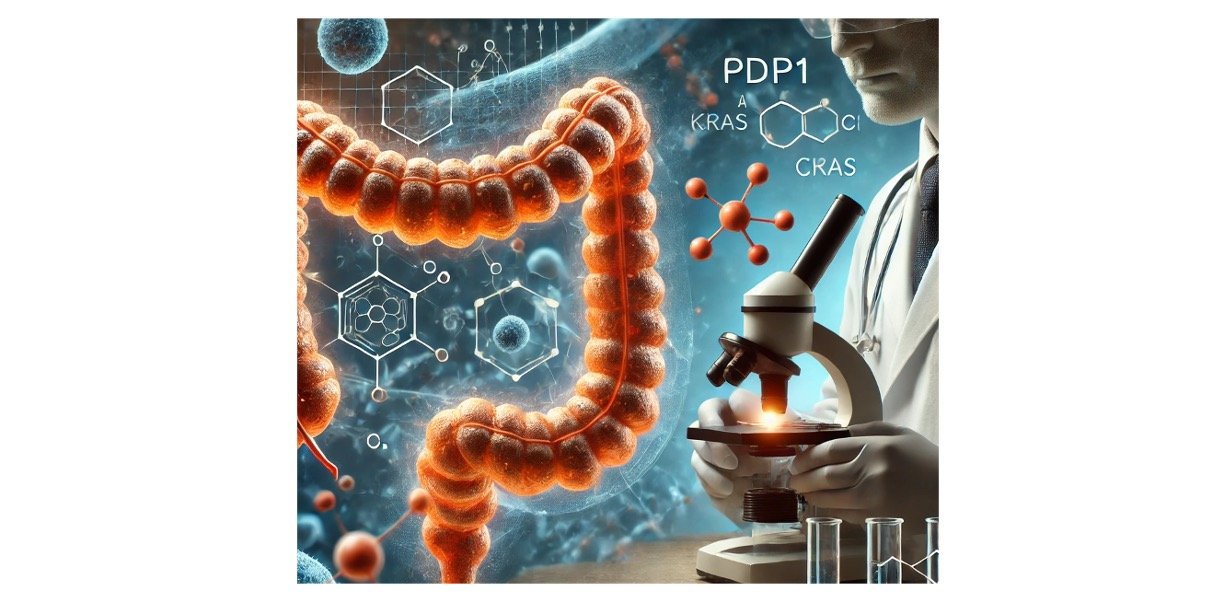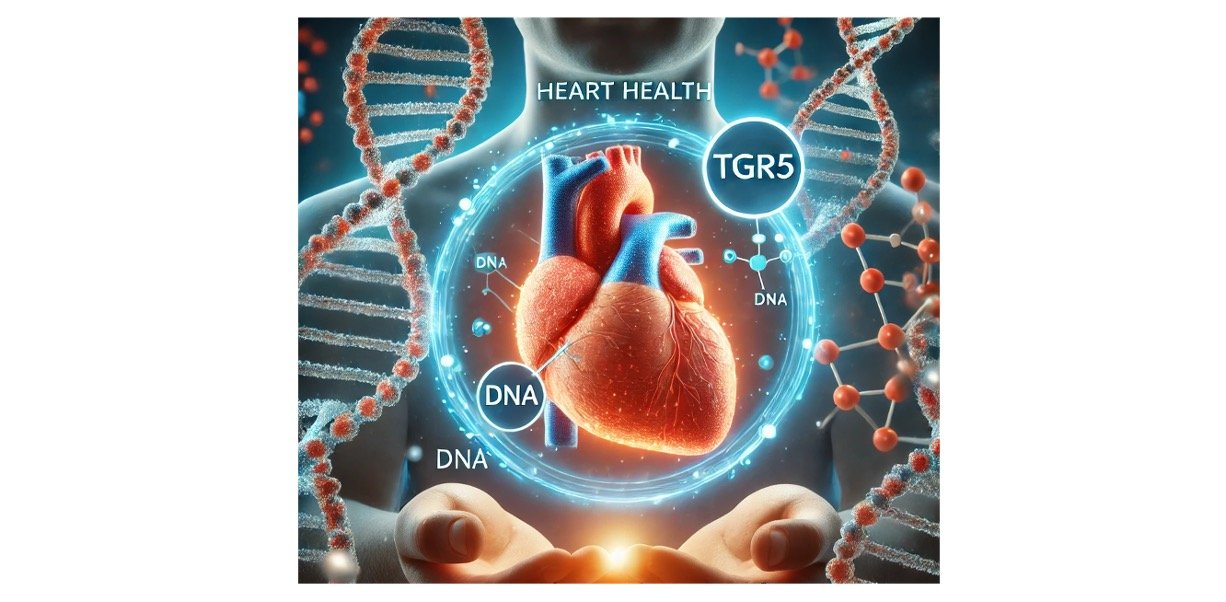What are Conductors?
Conductors are those substance from which electric current can pass through are called conductors. Metals are good conductor of electricity.
eg: copper, silver, tin.
Types of Conductors
Conductors can be classified into two types:-
I. Metallic Conductors
Metallic conductors are those conductors in which electricity is flow due to the presence of free e- are called metallic conductors.
Factors Affecting Metallic Conductor
The nature and structure of the matter.
The no valence electrons per atom.
The density of matter.
Temperature: if we increase the temperature then the conductivity of metallic conductor decreases.
II. Electrolytic Conductors
Electrolytic conductors are those conductors which do not flow electricity in solid state but in molten state.
This type conductor, conduct electricity due to the presence of free ions, are called electrolyte conductor.
Metallic Conductors vs Electrolytic Conductors
| Metallic Conductors | Electrolytic Conductors |
| In these conductors, conductivity is produced due to movement of e-. | In these conductor conductivity is produced due to movement of free ions. |
| In metallic conductors, no chemical change take place during the conduction of electricity. | In these conductors chemical change take place. |
| In metallic conductor flow of substance does not take place. | In these conductors flow of substance take place. |
| The conductivity of these conductor decrease with increase in temperature. | The conductivity of electrolyte increase with increase in temperature. |
Electrochemistry
o The branch of chemistry which deals with the study of relationship between electrical and chemical energy and their interconversion is called electrochemistry.
o The basis of such processes is redox-reactions.
o The redox reactions take place in various chemical and biological reactions.
o Redox reactions are used in – burning of fuels, industrial processes, digestion of food by organism, photosynthesis for getting energy from sun, metal extraction, preparation of important chemicals, preparation of dry and moist batteries, fuel cell etc.
o The chemical reactions which are take place by electrochemical processes are energy rich and produce less pollution.
o Hence, the study of electrochemistry is very important to develop new eco-friendly techniques.
o Biological system like transfer of sense actions from brain to cells to opposite to opposite to this is also coordinated by electrochemistry.
Conductors Citations
Share



